Live Green, Live Happy: 7 Simple Eco-Friendly Habits Anyone Can Start Today!

Living green is not just a trend—it is a way to make our world better and our lives happier. When you choose eco-friendly habits, you help save energy, cut waste, and protect nature. Many people find that small changes can lead to big results in cost savings and personal well-being. Adopting these habits is easy and can be done step by step. Each habit in this list is popular because it is simple, effective, and has a clear impact on both the environment and your daily life. Below are seven eco-friendly habits you can start today to live a greener, happier life.
1. Practice the Three R’s: Reduce, Reuse, Recycle
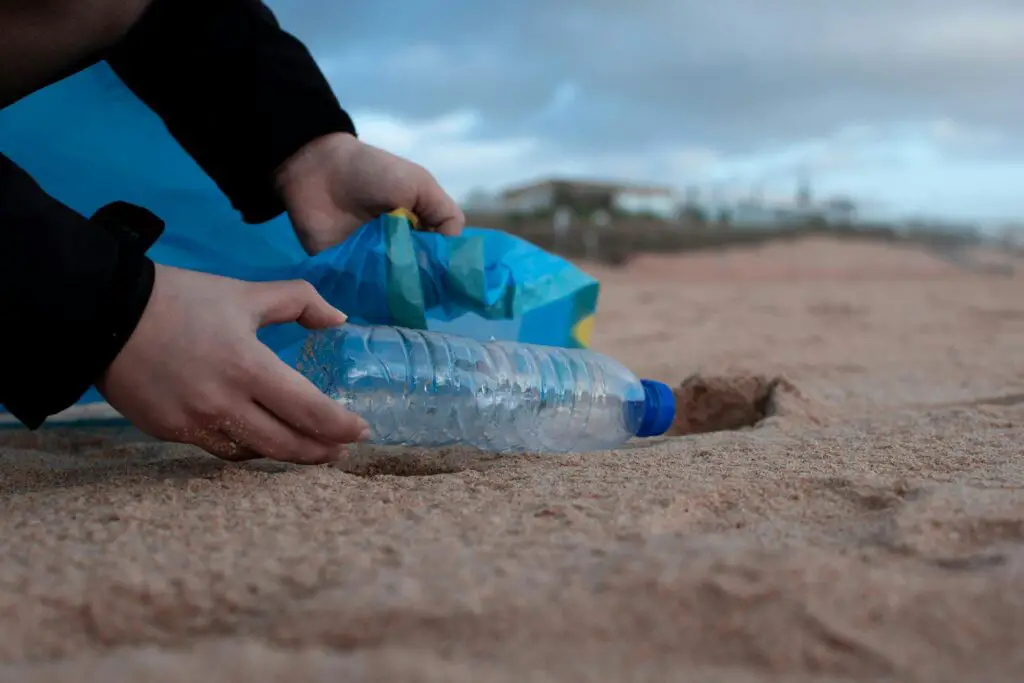
The first habit is to practice the three R’s: reduce, reuse, and recycle. By cutting down on what you use, you help lessen waste and save resources. Many people now carry reusable bags and water bottles to avoid single-use items. This habit is popular because it is easy to adopt and makes a direct impact on lowering pollution levels. It also helps you save money by reusing items that might otherwise be thrown away. Taking a few simple steps at home can lead to a cleaner, greener future for all.
2. Use Energy-Efficient Lighting and Appliances

Switching to energy-efficient lighting and appliances is a smart way to cut down on energy use. Replacing old bulbs with LED lights reduces electricity bills and lowers your carbon footprint. Many households have seen real savings by choosing energy-efficient models for everything from refrigerators to washing machines. This habit is well-liked because it is a one-time upgrade that continues to save energy over the long run. Simple changes like these also reduce the strain on the power grid and help protect our environment. It is a win-win for your wallet and the planet.
3. Conserve Water Every Day
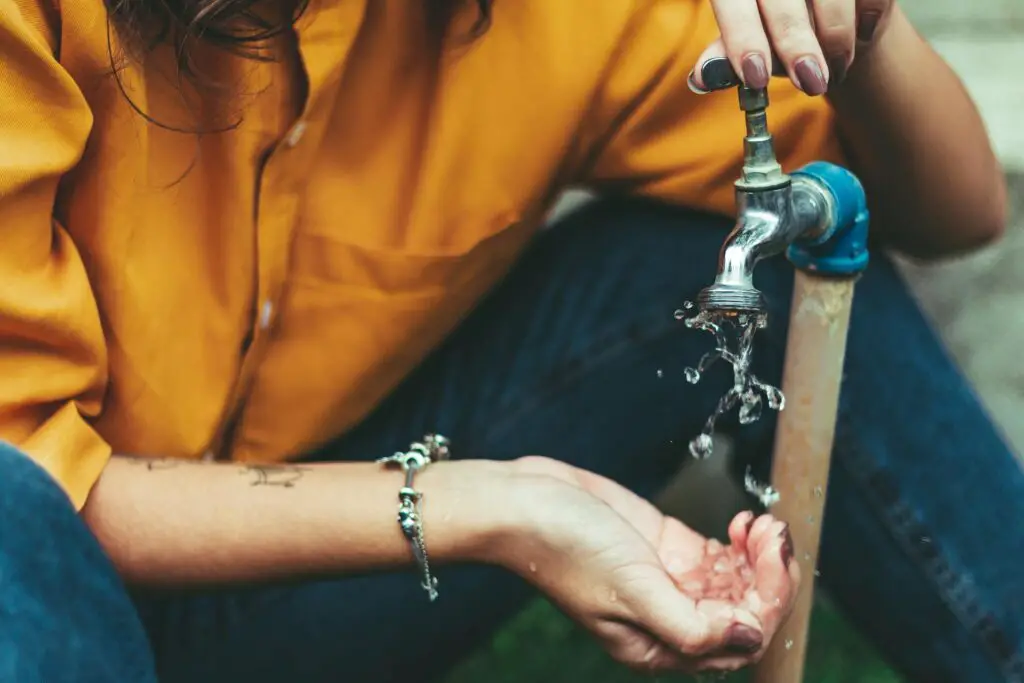
Water is a precious resource, and conserving it is vital. Simple actions, such as fixing leaks, taking shorter showers, or using a broom instead of a hose to clean driveways, can save a lot of water over time. Many communities now promote water-saving techniques to ensure there is enough for future needs. This habit is popular because it is easy to implement and can lead to a noticeable drop in your water bill. By turning off the tap when brushing your teeth or using a rain barrel for plants, you make a small change that adds up. Keeping water use low is a key step in protecting our natural resources.
4. Eat Locally and Seasonally
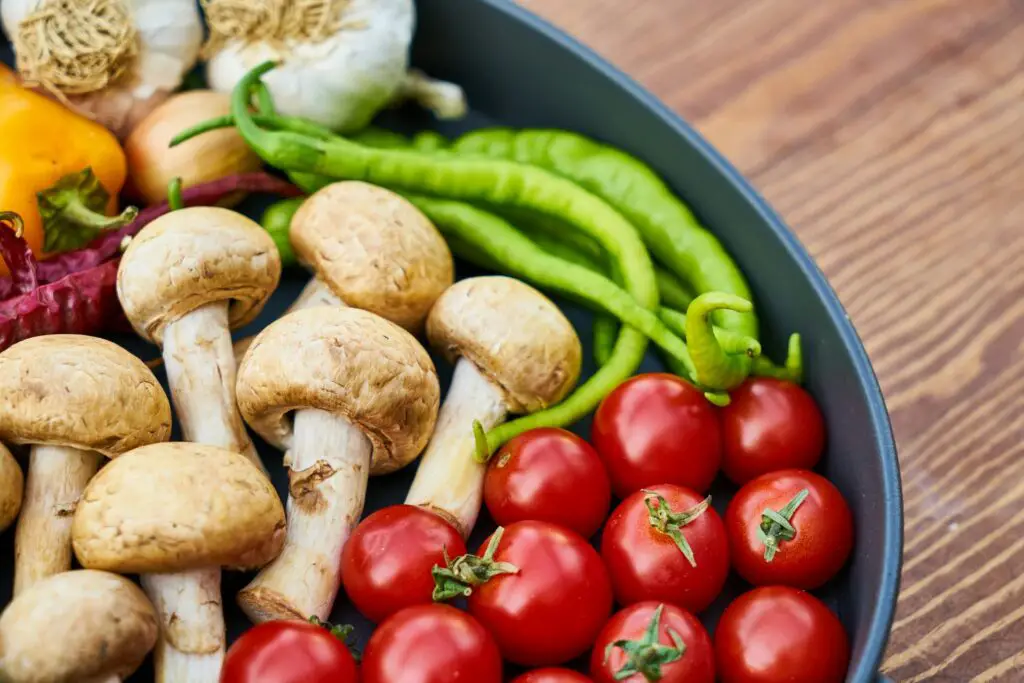
Eating locally and seasonally is a simple yet effective way to reduce your environmental impact. When you buy food grown near your home, you cut down on the energy used for long-distance transport. Many people enjoy the fresh taste of seasonal produce and take pride in supporting local farmers. This habit is popular because it helps boost the local economy while also reducing waste and pollution. A trip to the local market can be a pleasant social experience that connects you with your community. Enjoying fresh, local food brings both health and environmental benefits.
5. Choose Eco-Friendly Transport Options
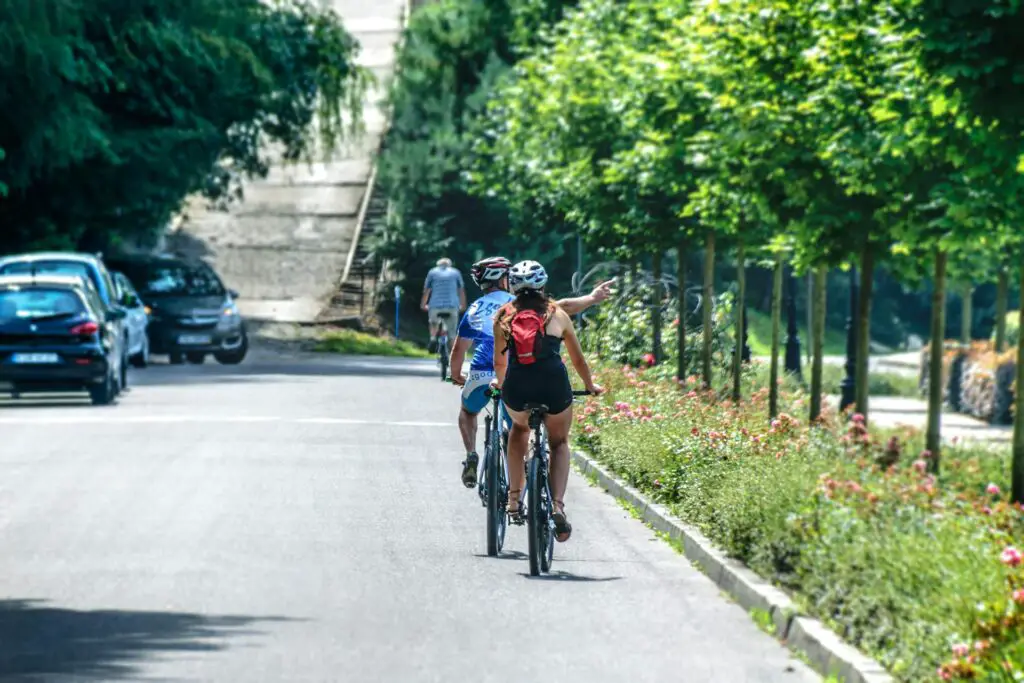
Rethinking how you travel can make a big difference. Instead of driving alone, consider carpooling, using public transport, or riding a bike when possible. Many cities now have improved public transit systems and bike lanes, making these choices both safe and convenient. This habit is popular because it reduces air pollution and traffic congestion, while also saving on fuel costs. It can also be a fun way to see your city from a new perspective. Changing your transport habits is a clear step toward a greener, more sustainable lifestyle.
6. Grow Your Own Garden or Use Indoor Plants
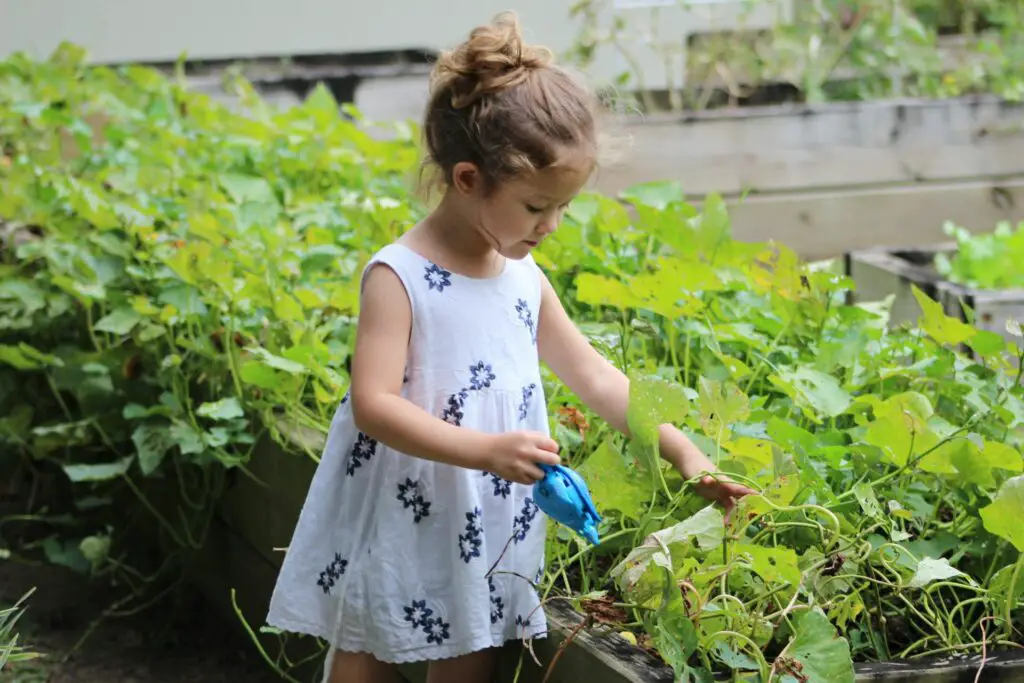
Starting a garden, or even keeping a few indoor plants, is a rewarding way to live green. Growing your own herbs, vegetables, or flowers reduces the need to buy store-bought produce and cuts down on packaging waste. Many people enjoy the relaxing nature of gardening, and it adds a touch of beauty to your home. This habit is popular because it offers fresh food, improves air quality, and serves as a stress reliever. Even if you have limited space, container gardening or indoor plants can bring life and color to your surroundings. A garden, big or small, is a step toward self-sufficiency and a greener home.
7. Ditch Single-Use Plastics

Reducing reliance on single-use plastics is a crucial step toward a sustainable life. Switching to reusable items such as cloth bags, metal straws, and refillable water bottles can drastically cut down the waste you produce. Many consumers now opt for eco-friendly alternatives to everyday items like plastic wrap and disposable cups. This habit is popular because it is easy to adopt and has a direct impact on reducing landfill waste and ocean pollution. Simple actions, such as refusing plastic bags at the store or choosing items with minimal packaging, help protect our planet. Ditching single-use plastics is a clear and effective way to live greener every day.
Conclusion
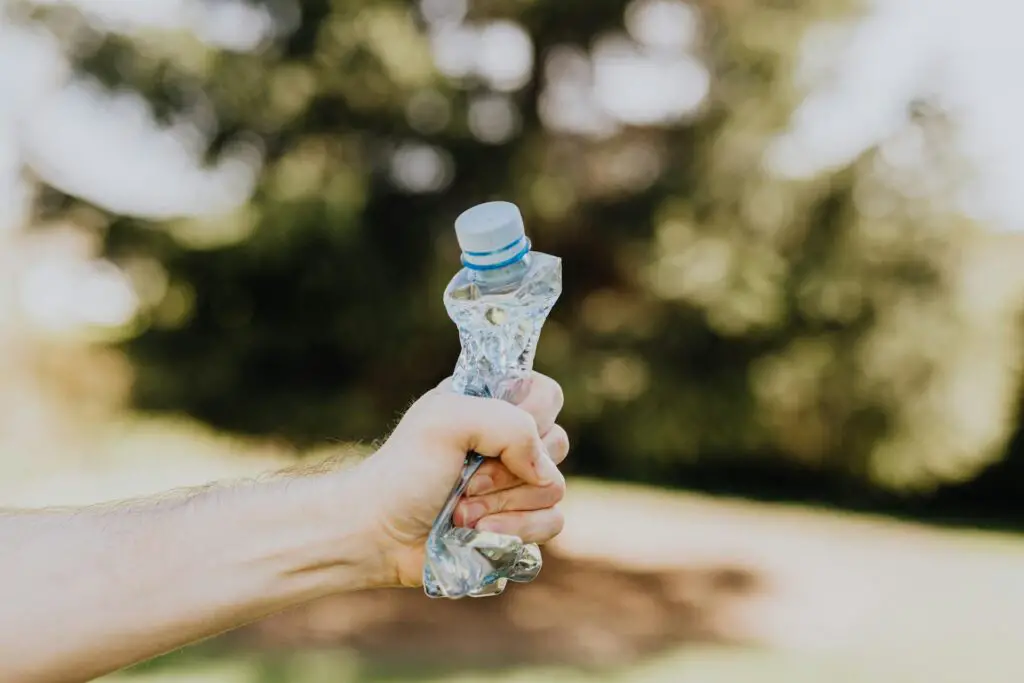
In conclusion, living green is a choice that benefits both you and the environment. These seven simple habits—practicing the three R’s, using energy-efficient devices, conserving water, eating locally, choosing eco-friendly transport, growing your own garden, and ditching single-use plastics—are proven ways to reduce your ecological footprint. They are popular because they are practical, cost-effective, and easy to start. Each habit brings small, steady change that adds up to a big impact over time. Embracing these habits not only leads to a healthier planet but also to a happier, more mindful way of living. Live green, live happy, and be the change you wish to see in the world.
Leave a Reply